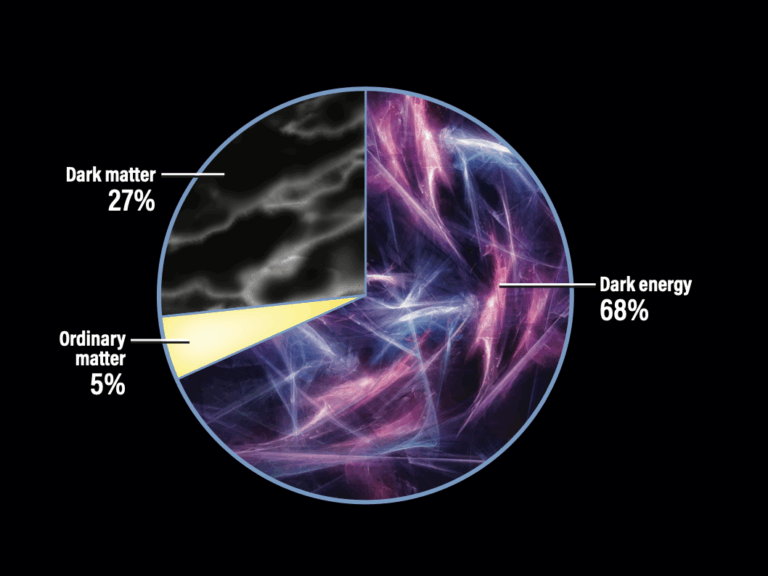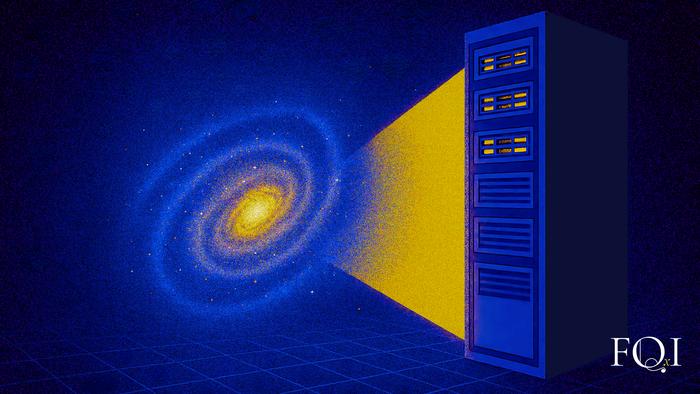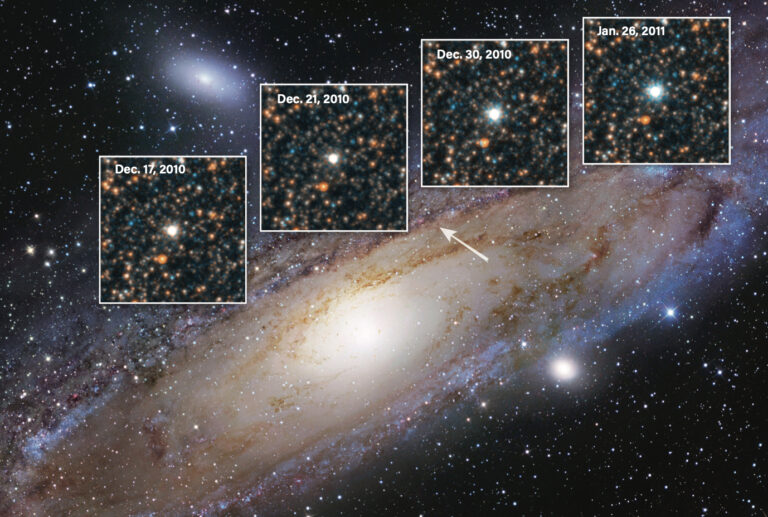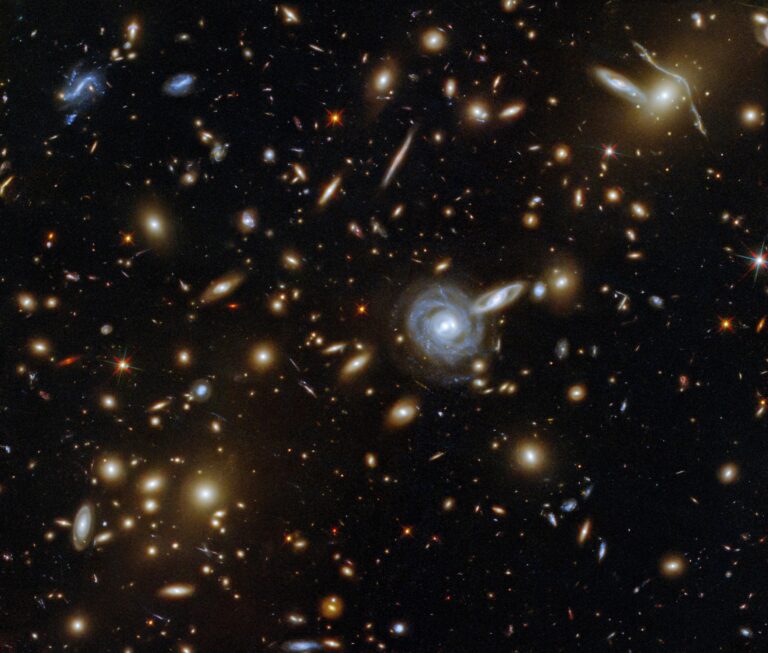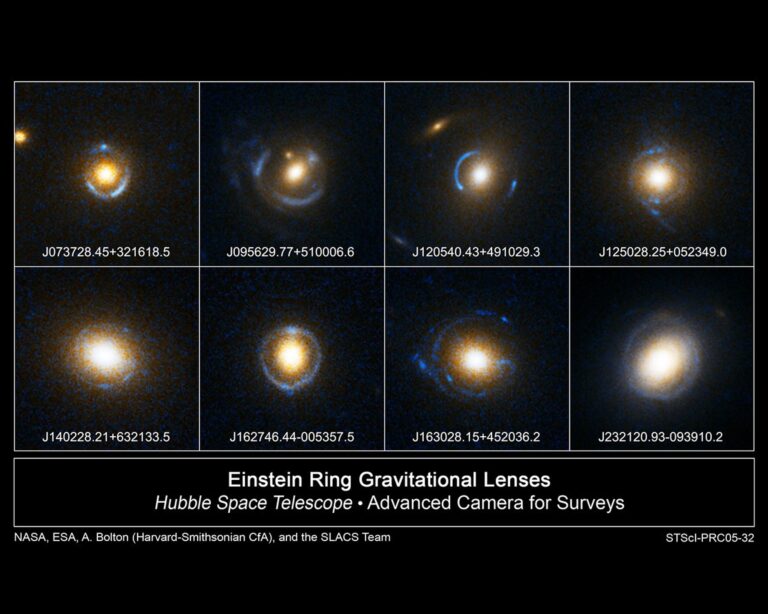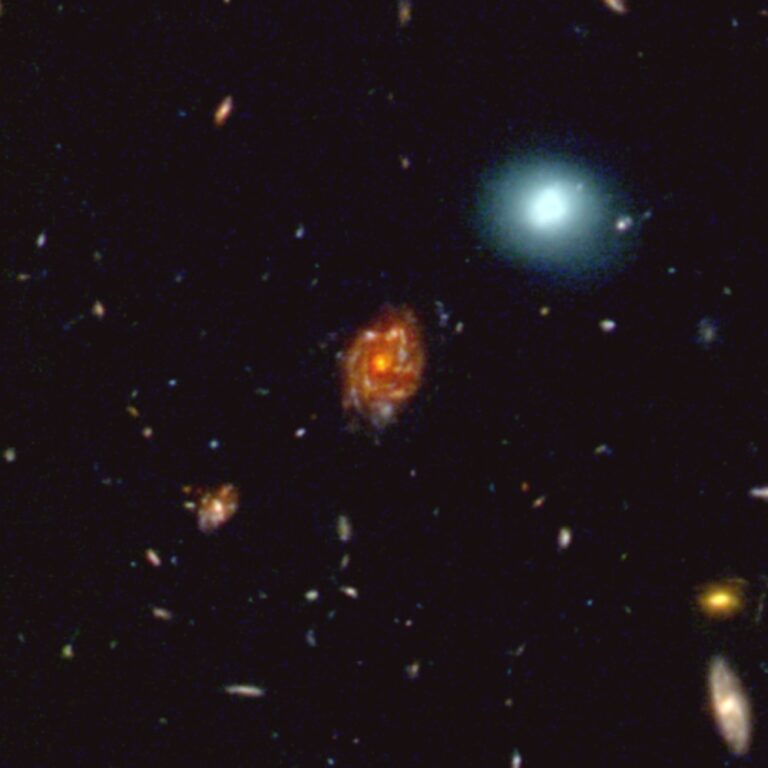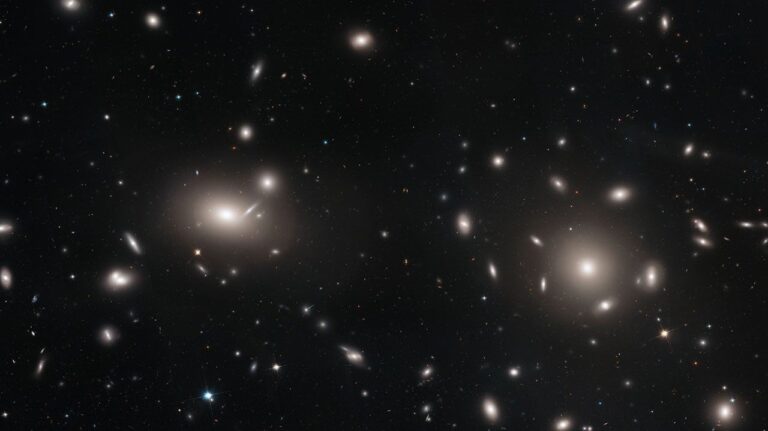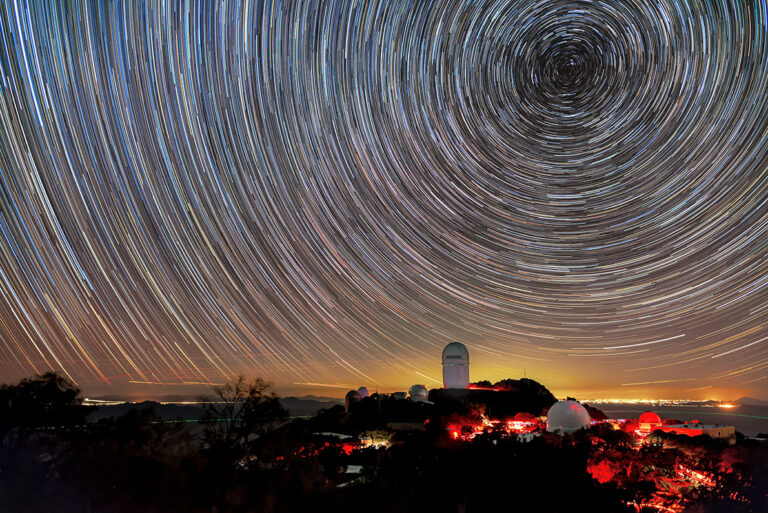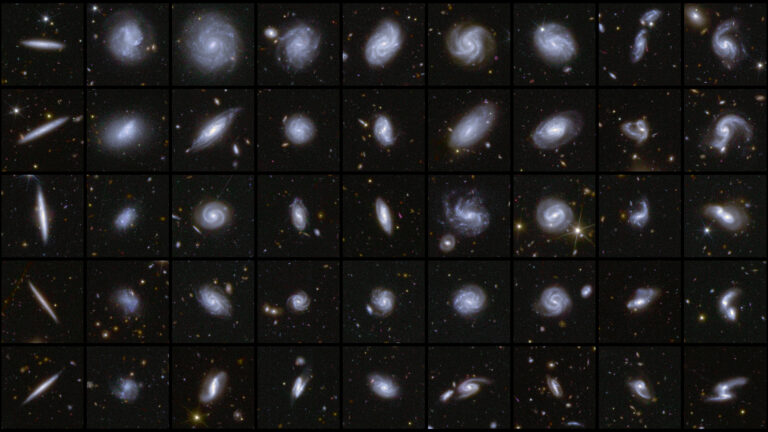Key Takeaways:
- The Stelliferous Era, the current epoch, is characterized by star formation and the burning of hydrogen fuel within galaxies. This era will conclude when the last stars exhaust their hydrogen.
- The subsequent Degenerate Era will be dominated by stellar remnants (black holes, white dwarfs, brown dwarfs, and neutron stars), resulting in a significantly darker and colder universe with diminished starlight.
- During the Degenerate Era, collisions between stellar remnants will be frequent, but star formation will cease due to the lack of available hydrogen.
- The final stage of the Degenerate Era will involve the decay of protons within degenerate stellar remnants, leading to a universe primarily composed of radiation, subatomic particles, and black holes, setting the stage for the Black Hole Era.
When gazing up at a dark night sky, astronomers and the layperson alike are often awestruck by the sheer number of bright stars visible to the naked eye. From a good vantage point on a clear night with minimal light pollution, the average person can see about 2,500 individual stars.
It’s easy to imagine our ancestors looking up at the same night skies, with the twinkling beacons evoking the same (or stronger) emotions they arouse today. But though it may appear the universe is unchanging — with stars that will always shine for any creature curious enough to look up — in truth, that’s hardly the case.
Astronomical eras
We are living in what astrophysicists Fred Adams and Gregory Laughlin dubbed the Stelliferous Era, which stretches from when the universe was 1 million years old to when the universe will be 100 trillion years old. This time period is most notable for its many bustling galaxies composed of countless bright stars burning hydrogen. But massive stars quickly burn through their fuel, so the biggest stars die faster than the smallest (millions of years compared to hundreds of billions). Eventually, the last generation of stars will exhaust any remaining hydrogen fuel available for consumption.
During the Stelliferous Era, some supermassive stars will dramatically perish as supernovae. But most will simply fizzle out after passing through several phases of stellar evolution. Once this happens, the universe will be populated only by a variety of so-called degenerate stellar remnants: black holes, white dwarfs, brown dwarfs, and neutron stars. Adams and Laughlin termed this period the Degenerate Era, hypothesizing it will take place between 1015 (1 quintillion) and 1039 (1 duodecillion, or 1 followed by 39 zeros) years after the Big Bang.
While black holes, white dwarfs, brown dwarfs, and neutron stars all exist today, during the Degenerate Era they will dominate the universe. Degenerate stellar remnants are, by and large, much cooler and darker than most stars of our current era. The night sky we see today will no longer exist, instead replaced by one with fewer — and markedly dimmer — stars. Brown dwarfs, which were too small to ever undergo regular fusion reactions, will horde much of the hydrogen left in the universe. Black holes will become larger during the Degenerate Era, fed by any matter they can accumulate, including other degenerate stellar remnants.

Want to learn more about pulsars and other extreme objects in our universe? Check out our free downloadable eBook: Exotic objects: Black holes pulsars, and more.
Degenerate life
Would life still exist during the Degenerate Era? It seems unlikely. According to Richard Pogge, astronomer at the Ohio State University, by the time stars exhaust their hydrogen fuel, life as we know it will be long gone.
“The universe will be burned-out and cold,” he says, “and it will just get colder over time.”
Aging stars and stellar remnants will result in most worlds being too frigid to support life. Planets in this era, long past being capable of supporting large organisms, will either be ejected from their orbits or spiral into the nearest degenerate stellar remnant. Or, as Pogge put it, “The remnant stars will either eat their children or throw them away.” This means, star systems as we think of them today will no longer exist.
Over the duration of the Degenerate Era, stellar remnants and even galaxies will undergo a series of collisions and near collisions. In our current era, these collisions often produce merged galaxies and encourage star formation. But during the Degenerate Era, this won’t happen.
Some merged, chaotic galaxies of discarded stellar corpses will still be able to form, but the lack of available free hydrogen will mean that new stars, by and large, won’t exist. In many cases, degenerate stellar remnants will simply be hurled into intergalactic space through near collisions, scattering them widely.
The final phase of the Degenerate Era will play out in an unexpected manner.
Matter trapped within dead stars literally will break apart, with neutrons decaying to protons, electrons, and antineutrinos. Protons themselves are hypothesized to have an extremely long half-life of approximately 1034 years, but as far as we know, that time is destined to come during the Degenerate Era, causing white dwarfs, brown dwarfs, and neutron stars to simply degrade and fade away.
“Eventually, the protons just dissolve,” Pogge says. At this point, the universe will be composed of copious free radiation, subatomic particles, and innumerable black holes. These black holes will be reign supreme during the following era, appropriately dubbed the Black Hole Era, which is a topic for another day.
While impossibly far off — and on some levels, deeply disturbing to think about — the Degenerate Era will one day come to pass. In Woody Allen’s iconic 1977 romantic comedy Annie Hall, a school-age version of Allen stops doing his homework after he reads in a newspaper that the universe is expanding, causing the character to ask his pediatrician, “What’s the point?”
You may sympathize with Allen’s character. But the Degenerate Era is undoubtedly a fascinating topic to contemplate, especially considering just how unrecognizable the future cosmos will be compared to the already bizarre universe we know now.


